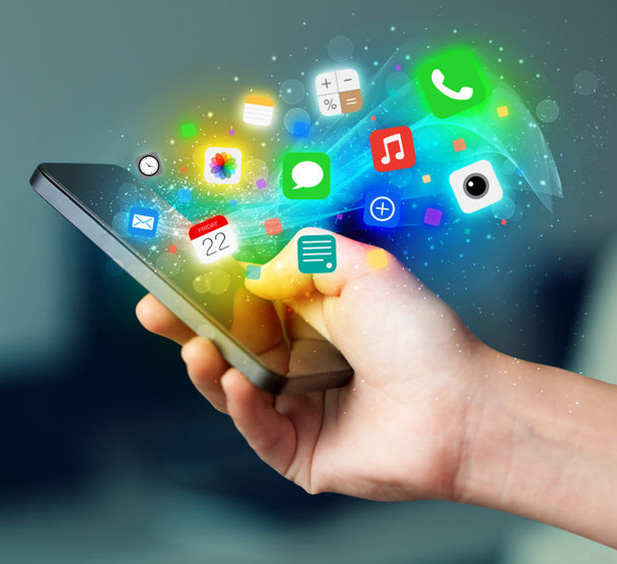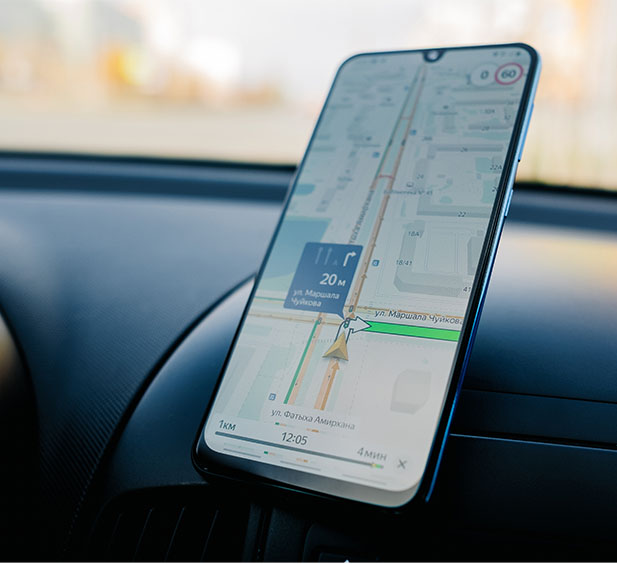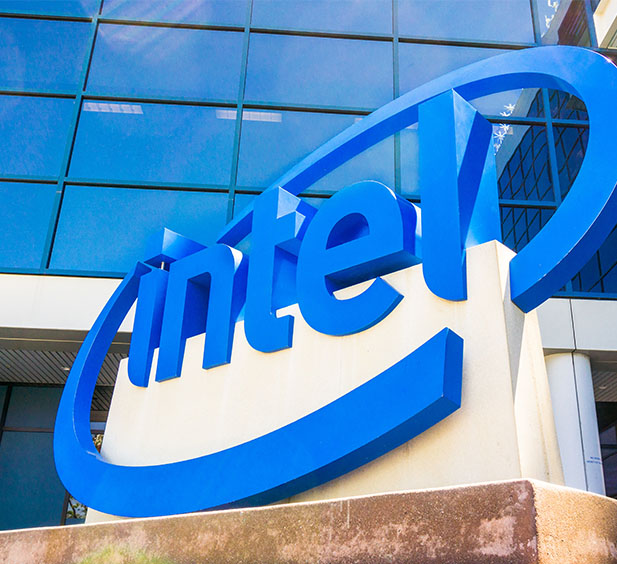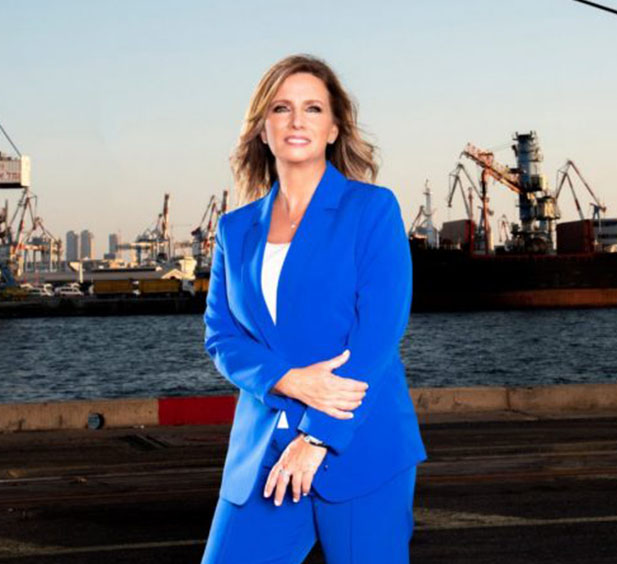“The world has been transformed from the digital to the mobile, and the mobile switched to video. Over the past year alone, 20% of video content uploaded to media platforms was live-streamed.” Facebook Israel executive Anat Elhanani VP of Marketing, and Ido Dotan VP of Local Market – in a forward-looking interview | Galit Shafir
We are at the beginning of the fourth industrial revolution characterized by the introduction of innovative technologies that will revolutionize our quality of life in the work market, product purchasing, and digital content consumption habits. From activity data of over 2 billion Facebook users, currently the largest digital platform in the world, it is evident that over 20% of the video content uploaded to the internet over the past year was live-streamed.
According to Facebook’s predictions, the virtual content world will incorporate the future elements of smart systems – including augmented reality, virtual reality headsets, and artificial intelligence – which will provide the consumers with personally tailored content with a sharper visual experience.
At the Facebook Israel offices, I meet two of its most senior representatives – Anat Elhanani VP of Marketing, and Ido Dothan VP of Local Market. These two revealed to me dozens of researches recently conducted by global Facebook, focusing on the trends predicted for 2020.
What research findings have been discovered regarding consumer behavior?
Elhanani: “The first trend we noticed was a fadeout of the boundaries concerning gender, age, and work environment. People define themselves in a way that feels most comfortable for them and feel young even if they are 70. In 2020, over half of the labor force will be Millenials, driven by the need to collaborate on large, meaningful assignments that match their values.
“Another trend is a transition to the mobile economy and changing consumption habits. Our researches indicate that over 1.2 billion Facebook users are connected to small businesses in other countries. The change results from the introduction of technologies that removed the barriers of entry to some of the physical parts of the marketing networks. Another aspect we have noticed is the change in the conversation between consumers and businesses. In addition to a good price, consumers are now looking for a positive shopping experience and new as well as personal means of communication with the business, like instant text messages for example.”
What changes have taken place in the last decade in the way we consume content and what is the predicted future trend?
Elhanani: “Lately, content consumption is multi-sensory, simultaneous, on multiple platforms. We see how the world is transforming from the digital arena to the mobile and the current dominant trend is the transition of the mobile to video. Over the past year, we have witnessed an increasing trend of video content consumption on mobile phones, at a rate of about 1.5 times compared to their consumption on a computer. In 2020, according to predictions, 75% of mobile data will include video content.”
How do business owners and marketing managers adapt themselves to the changes and switch to mobile video consumption?
Dotan: “In the past, there was a built-in, clear distinction between the advertising platform and the message. For example, a television campaign was designed to create awareness and distributing flyers called to action. The introduction of mobile phones caused a drastic change in our life: it’s a personal device we are attached to most of the day.
“Also, digital advertising options have reduced costs and enabled the entry of more players into the business world. Marketing managers were forced to adapt themselves to the new era through building personal messages tailored to the platform type and incorporating research professionals whose job is to analyze the huge amounts of data.”
Decision time: 1.7 seconds
“Business owners need to realize”, says Dotan, “that consumers today prefer using mobile. It enables less friction – for example, writing a message instead of a phone call is simpler and saves time. The secret to success is building a simple, fast, and user-friendly app. Regarding the content, it is important to adapt it to the new era – video content with a story told in an interesting and fast way that matches the mobile platform.
“Besides, when creating a video it is important to take two factors into account. The first – the amount of time it takes a user to make a decision is constantly decreasing and today it is set on 1.7 seconds during which the user forms an opinion about whether to continue watching or not. The second is the ability to identify the user’s “state”: we are on the go 70% of the time and then content consumption is rapid, 20% of the time the content consumption is a bit deeper – while waiting in line or traveling, for example – and during 10% of the time the content consumption is entertaining and extended.”
Which innovations will we see in Israel soon?
Dotan: “During this upcoming year we will launch more services in Israel, including live streaming in 360 degrees and Facebook WATCH – a television interface which enables the users to chat while watching the content.”
Anat Elhanani
Position: VP of Marketing at Facebook Israel
Education: B.A. in Economics and Communication from the Tel-Aviv University
Previous positions: Eurocom Nokia’s Digital Marketing Manager
Ido Dotan
Position: VP of Local Market at Facebook Israel
Education: BSc in Industrial Engineering and Management from the Technion
Previous positions: Gillette, Old Spice, and Duracell brand manager at Procter & Gamble – Israel, Cyprus, and Malta; Director of Digital Marketing at Procter & Gamble Israel.
The article was translated from the 2020 Marketing magazine produced in collaboration with TheMarker.











